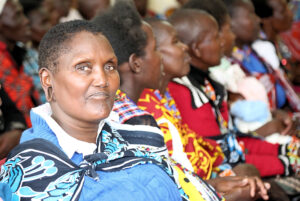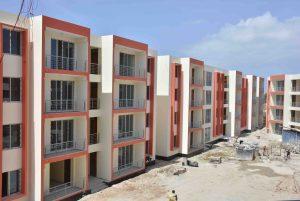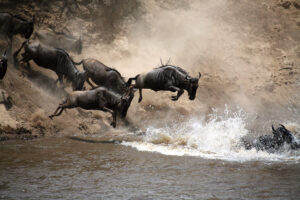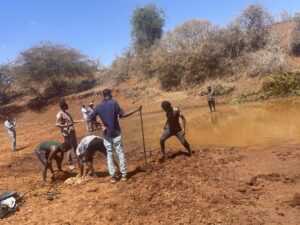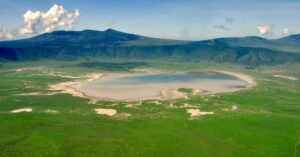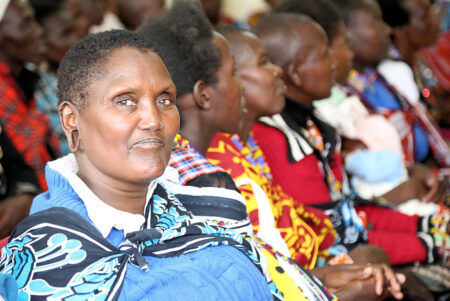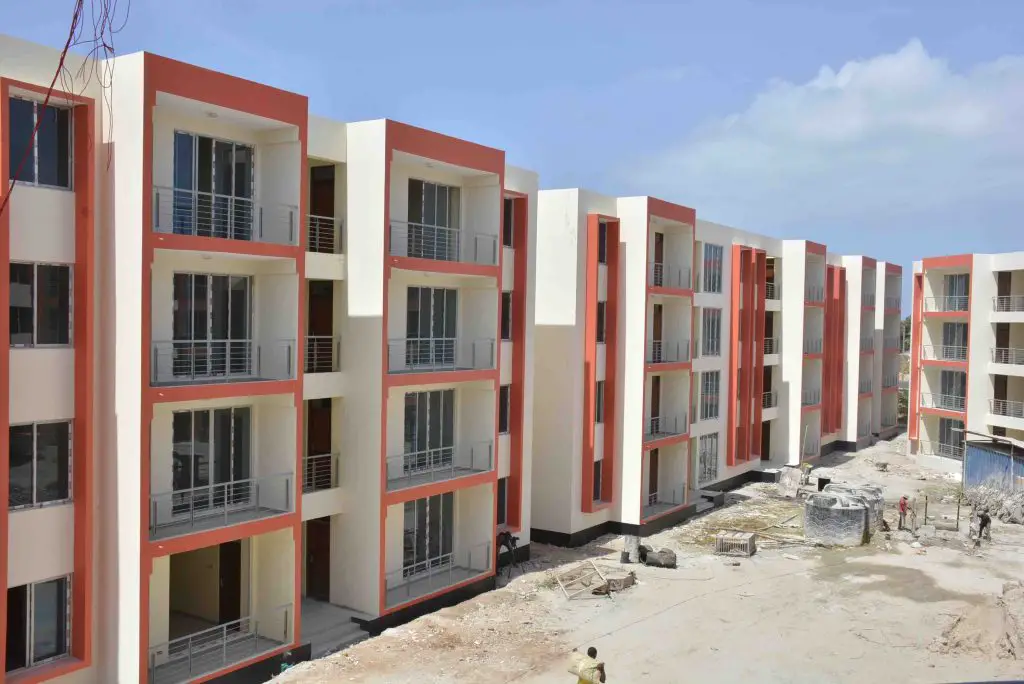- Data shows direct flights to Zanzibar have hit 34 from around the world.
- Talks underway to launch direct flights to Zanzibar from Riyadh, Saudi Arabia.
- Kenya-based budget carrier Jambojet is set to start Zanzibar-Mombasa flights from July.
Zanzibar President Dr. Hussein Mwinyi has been steadfast in his push for the economic growth of the Spice Islands and a globally renown tourist hub. Among his major focuses has been the introduction of direct flights to Zanzibar, an archpelago off the Indian Ocean.
Zanzibar’s crown airport is Zanzibar’s Abeid Amani Karume International Airport which now the government is revamping, expanding, and modernizing to meet the demand of a growing number of visitors.
Complete with almost all modern facilities, the airport also has several duty-free and commercial outlets at its terminals, enhancing its appeal for airline operators eyeing direct flights to Zanzibar.
For example, its newly-built international Terminal 3, which exclusively serves international

